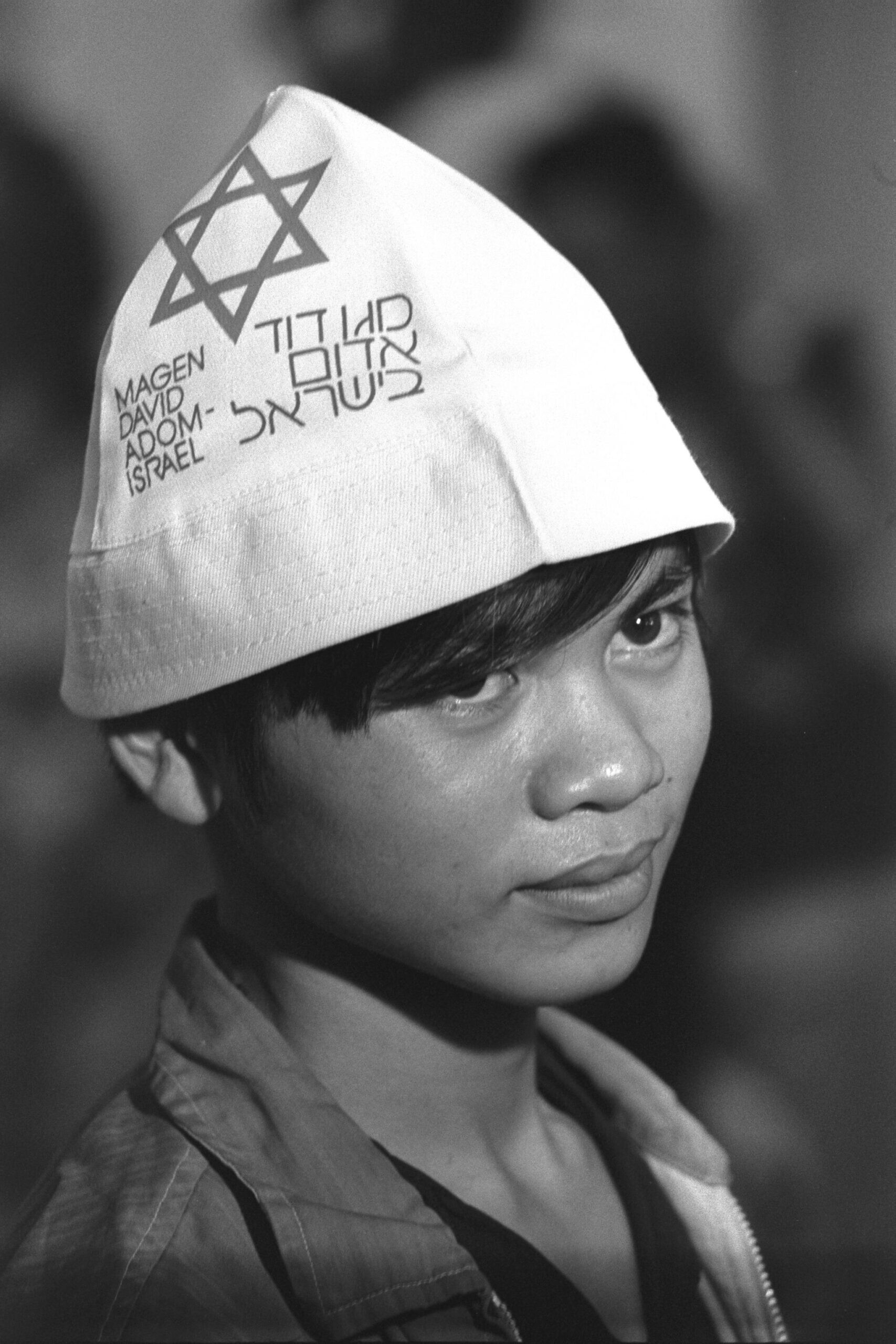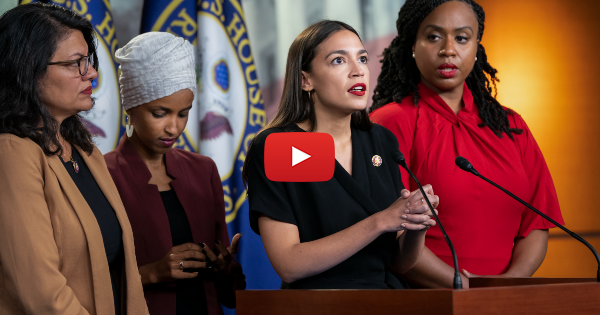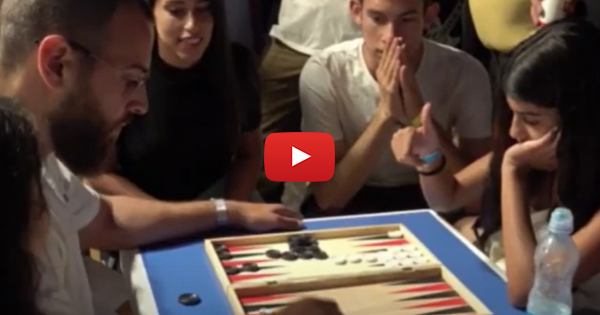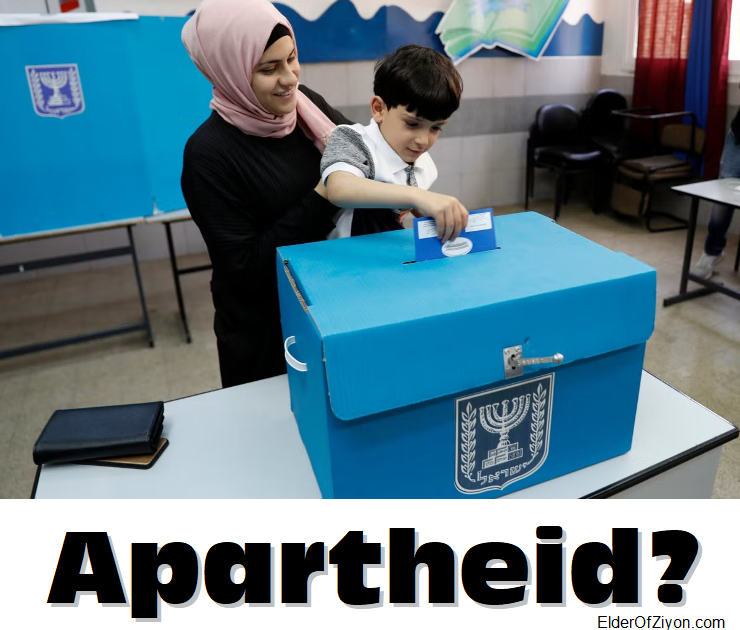Sixties Fan
Diamond Member
- Mar 6, 2017
- 68,239
- 12,270
- 2,290
- Thread starter
- #381
The Noyan family opened a Chinese restaurant in Herzliya in 1985, called Asia. After more than three decades in business, it closed in 2020 due to the effects of the COVID-19 pandemic. Tongi has fond memories helping out after school, as a child. During the Chinese New Year, they made Vietnamese dishes due to popular demand, including pho soup, banh bao (dumplings) and Vietnamese spring rolls.
Tongi also recalls how American Jews would follow the same tradition they had back home and go out for Chinese food on Christmas Day.
When asked what religion he followed, Tongi was silent for a moment. Then, he said that the majority of Vietnamese Israelis are Buddhists, like his father, with some being Christian, like his mother. Some, he said, have also recently converted to Judaism. Many Vietnamese also practice ancestor worship regardless of what faith they profess, showing a form of religious syncretism.
“While in Israel, we still celebrate Tết Nguyên Đán, or the Vietnamese New Year,” he said. “There is no Buddhist temple, so we have to conduct ceremonies at someone’s home. It is a tight-knit group and most of us know each other,” he added.
Tongi speaks Hebrew and Vietnamese, but admits that he is not as fluent in his ethnic tongue as his three older siblings are. When he visited Vietnam in the past to see his parent’s home villages, many locals pointed out his foreign accent almost immediately.
While noting that many members of the community have since left Israel for the United States, France or other countries, including Vietnam, to him the Jewish state is home.
“Of course I’m a true Israeli. I love surfing in the morning, I speak Hebrew, I was born and raised here,” he said. “I’m sincerely grateful to this country for taking in my family and giving us the opportunity to rebuild our lives here,” he said.
(full article online)

 www.jns.org
www.jns.org
Tongi also recalls how American Jews would follow the same tradition they had back home and go out for Chinese food on Christmas Day.
When asked what religion he followed, Tongi was silent for a moment. Then, he said that the majority of Vietnamese Israelis are Buddhists, like his father, with some being Christian, like his mother. Some, he said, have also recently converted to Judaism. Many Vietnamese also practice ancestor worship regardless of what faith they profess, showing a form of religious syncretism.
“While in Israel, we still celebrate Tết Nguyên Đán, or the Vietnamese New Year,” he said. “There is no Buddhist temple, so we have to conduct ceremonies at someone’s home. It is a tight-knit group and most of us know each other,” he added.
Tongi speaks Hebrew and Vietnamese, but admits that he is not as fluent in his ethnic tongue as his three older siblings are. When he visited Vietnam in the past to see his parent’s home villages, many locals pointed out his foreign accent almost immediately.
While noting that many members of the community have since left Israel for the United States, France or other countries, including Vietnam, to him the Jewish state is home.
“Of course I’m a true Israeli. I love surfing in the morning, I speak Hebrew, I was born and raised here,” he said. “I’m sincerely grateful to this country for taking in my family and giving us the opportunity to rebuild our lives here,” he said.
(full article online)

45 years on, Vietnamese refugees are still writing their story in Israel
“Of course I’m a true Israeli. I love surfing in the morning, I speak Hebrew, I was born and raised here,” Tongi Noyan says.












